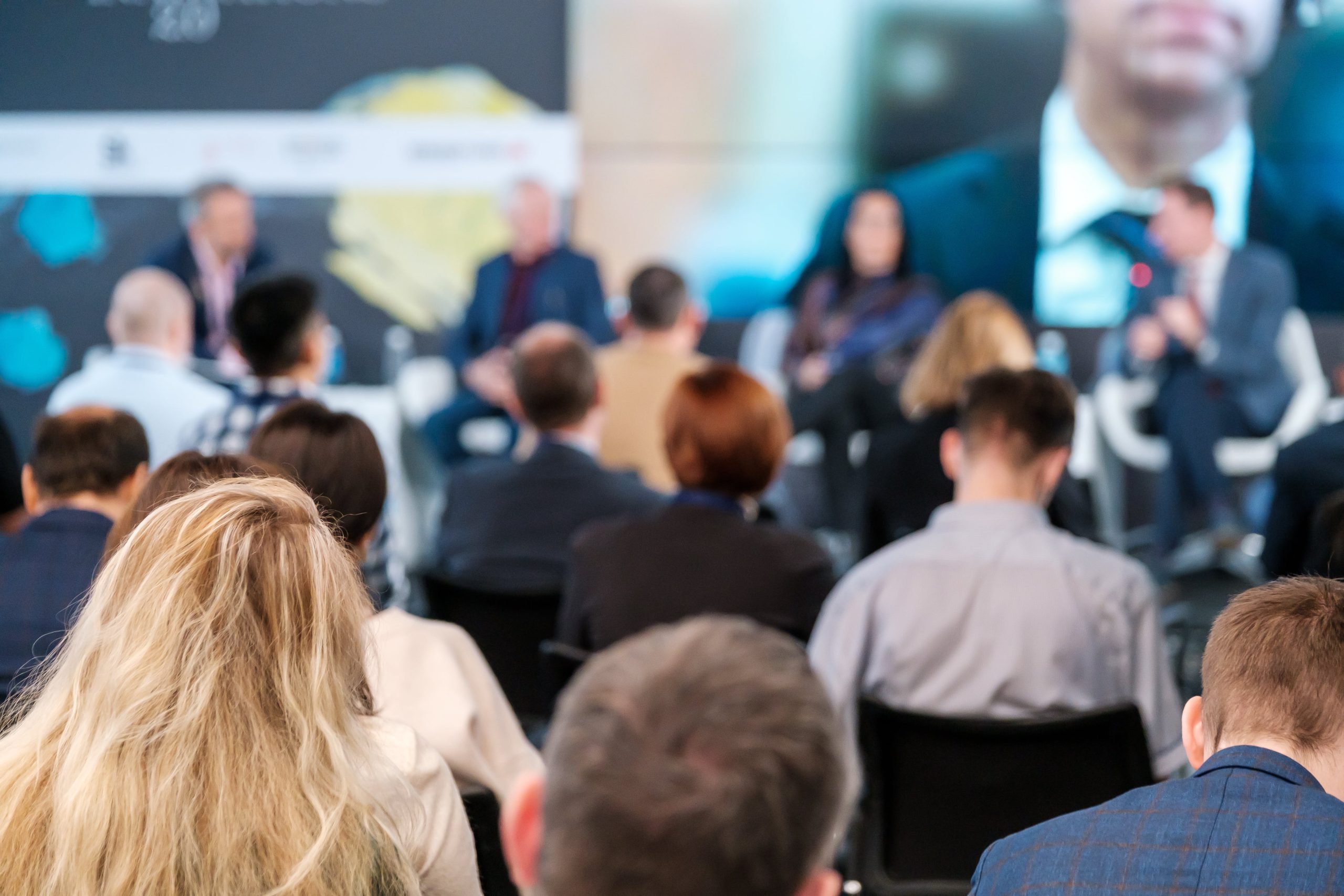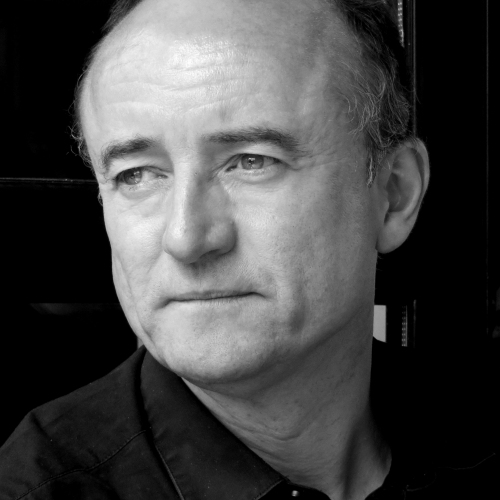
Satellite Sessions
Nuclear fusion: Talking about what’s beyond the science
EUROfusion, Socio-Economic Studies Group
Wednesday
13:30 – 14:55
When it comes to assessing the potential role of fusion as a future energy technology option, many questions relevant from a societal perspective are still a subject of discussion and strong opinions within the fusion research community itself, and sometimes considered a taboo to raise openly with ‘civilians’. For example: What does it mean for fusion ‘to become available’? How long is the period between a prototype technically able to produce electricity and the moment fusion becomes an energy technology option ‘among the other options’? How would the path between those moments look, and what is the role of the research community in it once industry and commercial interests start to take the lead in fusion development? How should one respond to the critical statement that, in face of the urgent challenge to combat climate change, fusion ‘will come too late’? …
The workshop is organized by the EUROfusion research team on Socio Economic Studies (SES) as part of a multi-year project aimed at gathering expert views, positions, opinions, and attitudes on fusion technology and fusion research. It will be run as a structured discussion and conference participants are welcome to drop in and participate. The ultimate goal of the workshop, open to all conference participants, is to launch a meaningful dialogue within the fusion research community rather than to come to consensus on the correct answers. The event offers the opportunity to contribute to SES research reflecting on and discussing these and other relevant questions in relation to nuclear fusion and the current socio-economic, climate and energy context.
Biography – Gaston Meskens
Gaston Meskens holds master degrees in theoretical physics and nuclear engineering from the University of Ghent (Belgium) and works part-time with the Science and Technology Studies group of the Belgian Nuclear Research Centre SCK CEN and with the Centre for Ethics and Value Inquiry of the Faculty of Arts and Philosophy of the University of Ghent. At the Centre for Ethics and Value Inquiry, his research focuses on a human rights perspective related to intellectual capacity building in the interest of global sustainable development governance. At SCK CEN, his research and outreach is concerned with the ethics of science and technology in general and with the ethical aspects of dealing with nuclear technology in particular.

Gaston Meskens has built up more than twenty years of experience in participative and transdisciplinary research related to the ethics of governance of issues such as sustainable development, energy, climate change and radioactive waste management and with working in and around the policy processes of the United Nations Framework Convention on Climate Change (UNFCCC), the United Nations Commission on Sustainable Development (UNCSD), the United Nations Non-Proliferation Treaty process (UN-NPT)and of the research-related activities of the European Commission. Since 2006, he is member of the steering committee of the Constituency of Research-oriented Independent Non-Governmental Organisations towards the UNFCCC (the constituency that represents the global scientific world in the United Nations Climate Change negotiation process) and was chair of the constituency from 2016 to 2018.
In the previous years, he also participated as invited expert in Belgian parliamentary and public hearings on the ethics of risk-inherent technology governance, in several Technical Committees of the International Atomic Energy Agency and of the OECD and in UN missions in the frame of sustainable development. At SCK•CEN Gaston Meskens is now working as researcher, writer, lecturer and mediator of dialogue on ethics in relation to science, technology and democratic decision making.
Publications (selection)
Meskens, Gaston, 2015, Global governance as ethical commitment – A new vision on solidarity for sustainable development, book chapter in the book ‘Sustainability – Global Issues, Global Perspectives’, Cognella Academic Publishing
Meskens, Gaston, 2015, Beyond Paternalism and Strategy: Understanding Radiological Risks as a Mutual Learning Experience, Fukushima Global Communication Programme Working Paper Series, United Nations University Institute for the Advanced Study of Sustainability
Meskens, Gaston, 2016, Ethics of radiological risk governance: justice of justification as a central concern, Annals of the ICRP, SAGE Publishing
Meskens, Gaston, 2017, Better living (in a complex world) – An ethics of care for our modern co-existence, book chapter in ‘Ethics of Environmental Health’, Routledge
Meskens, Gaston, 2018, The Politics of Hypothesis – An inquiry into the ethics of scientific assessment, book chapter in ‘Ethics of Environmental Health Risks’, Routledge
Meskens, Gaston, 2018, Reflections on Uncertainty, Risk and Fairness, book chapter in ‘Ethics for Radiation Protection in Medicine’, Taylor & Francis
Meskens, Gaston, 2021, Cosmopolitanism and Environmental Health, book chapter in ‘Research Ethics for Environmental Health, Routledge
More info
https://ugent.academia.edu/GastonMeskens/CurriculumVitae
Contact
Science & Technology Studies Unit – Society and Policy Support Group, SCK•CEN
Centre for Ethics and Value Inquiry, Faculty of Arts and Philosophy, University of Ghent
Next Steps to Global Fusion Partnerships
Kyoto Fusioneering, Fusion Industry Association (FIA), Fusion for Future (fusion-for-future.de)
Thursday
14:10 – 16:00
On Thursday afternoon at SOFE, there is a Plenary Session on the Global Fusion Industry, which will introduce the basics of public-private partnerships and their role today. This special session will explore in greater detail specific public-private partnership models, including:
- Milestone-Based
- Collaboration & Stimulus-Based
- Private Funding
- Cluster & Innovation Concept
- Laboratory Spin-In & Non-Profit Organization
Short talks from those with personal experience in each of these partnership models will be followed by a Q&A Panel session. Attendees will have the chance to network and make personal contacts during and after this session.